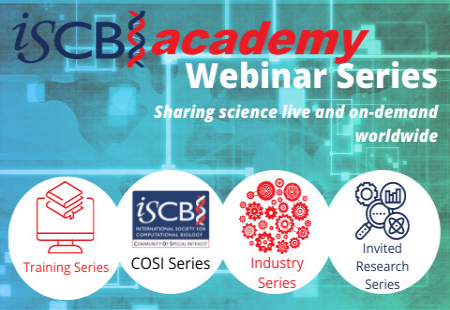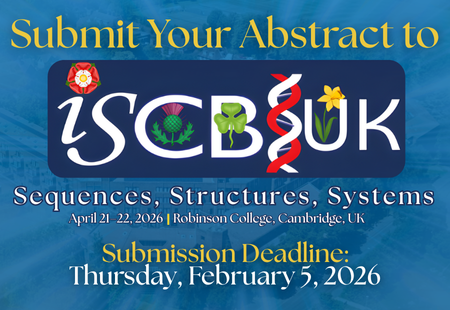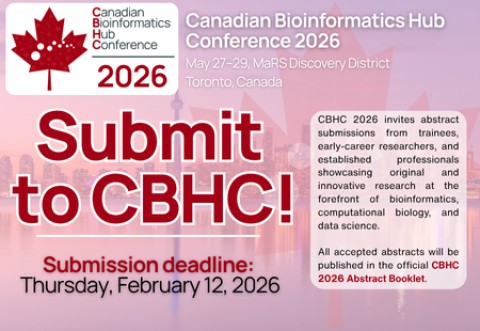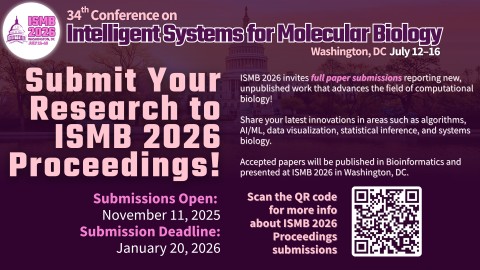Careers in Bioinformatics
The fields of bioinformatics and computational biology involve the development and application of tools to make biological discoveries. Bioinformatics is being introduced to high school students in biology classes. There are undergraduate, masters level and Ph.D. programs that train student in these fields. See http://www.iscb.org/iscb-degree-certificate-programs for examples of degree programs in bioinformatics and computational biology. In addition, some people enter the field as a biologist who learns how to use the tools or as computer scientists/engineers who are able to build tools. A solid background in both biology and computer science is extremely helpful.
A recent publication by the ISCB Education committee proposes curriculum guidelines and core competencies. In particular, the report presents 3 common categories of people who develop skills in bioinformatics.
- “Bioinformatics users access data resources to perform job duties in specific application domains. Bench-based researchers, both in academia and in industry, provide the classic example of a bioinformatics user, but this group is broadening in scope. For example, medical professionals (e.g., physicians and genetic counselors) utilize bioinformatics resources in medical contexts for the purposes of diagnosis, treatment, and counseling of patients.” [See Figure 2 in the above referenced manuscript.]
- “Bioinformatics scientists are biologists who employ computational methods in order to advance the scientific understanding of living systems.” [See Figure 3 in the above referenced manuscript.]
- “Bioinformatics engineers create the novel computational methods needed by bioinformatics users and scientists. Thus, a bioinformatics engineer must have strengths in computational and statistical sciences and must have general competency in biomedical sciences. [See Figure 4 in the above referenced manuscript.]
Once trained in the field, there are a number of opportunities to build a career. Some examples are listed below:
Individual contributor - Many scientific labs, both in the academic and commercial sector, are hiring people trained in bioinformatics to support the research of the lab. Positions are available for various levels and types of training. People in these positions generally work on a specific area of research.
Core facilities - Many institutions create a central resource for labs in an institution. These resources are call core facilities. Members of such groups often have a mix of skills and work on many different research projects with researchers in many different labs.
Educators - There is a demand for teaching bioinformatics at many different levels. Some Ph.D. level bioinformaticians will pursue an academic career, build their own research agenda and teach at the university level. In addition, there are a number of institutions who host a dedicated facility to teach bioinformatics to people inside the institution as well as to the greater community.
Software developers - Another career path that supports bioinformatics is the development of new algorithms and new tools. There are companies dedicated to building and deploying computational tools. Other bioinformatics software developers are hired within core facilities and within individual research labs.



























